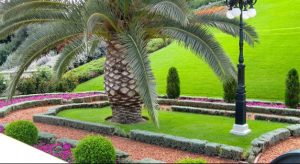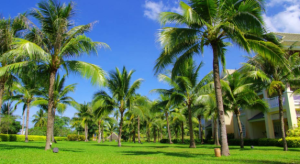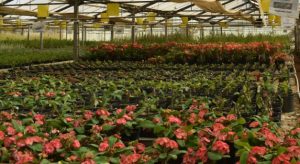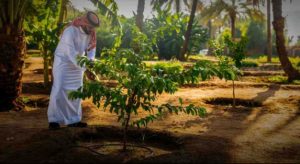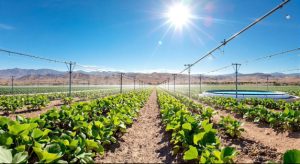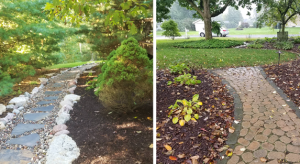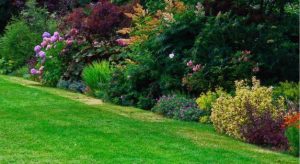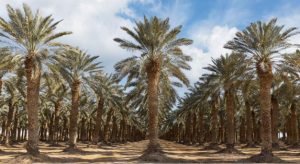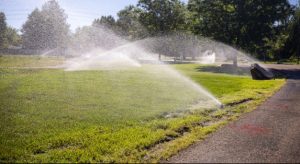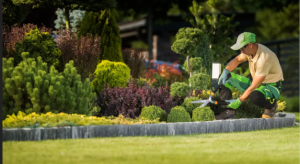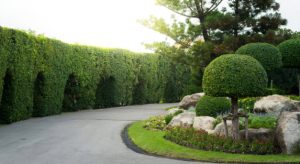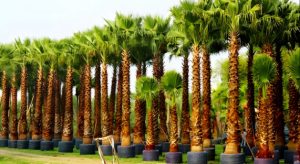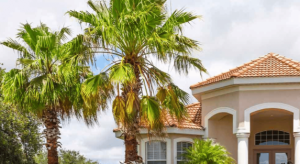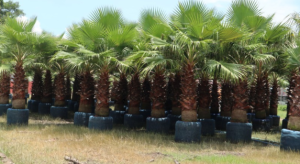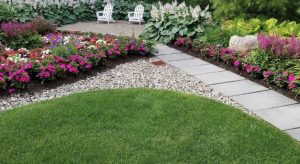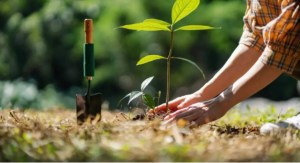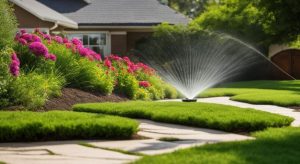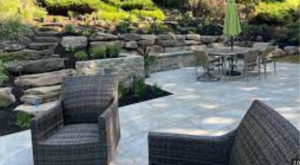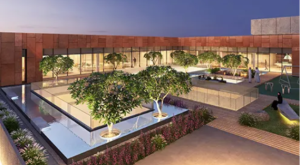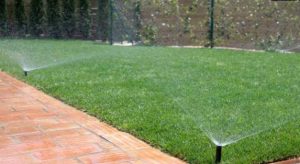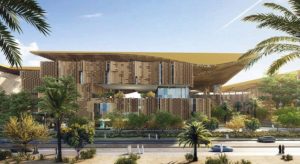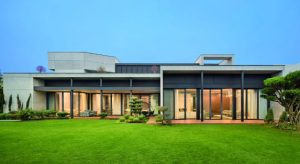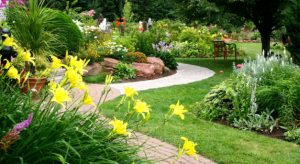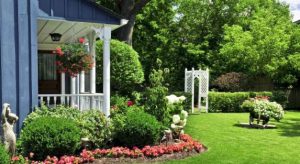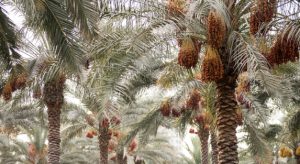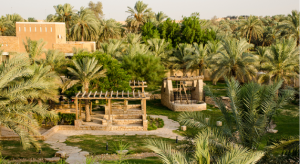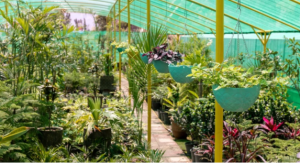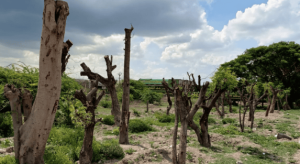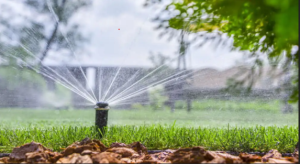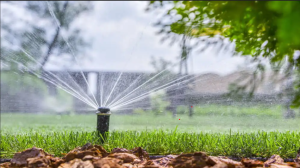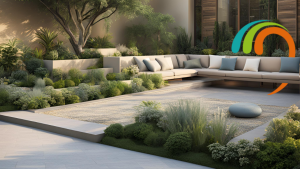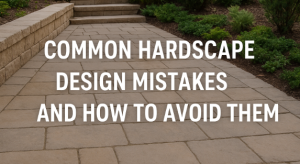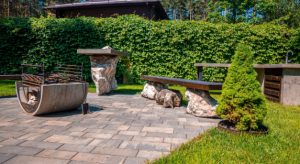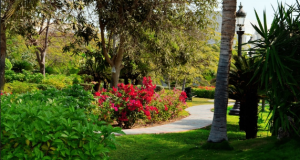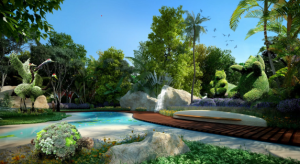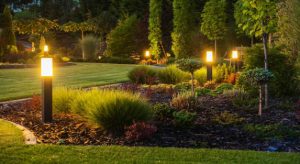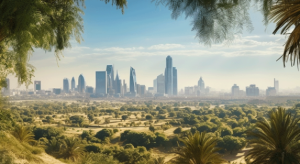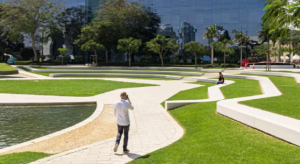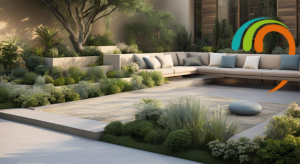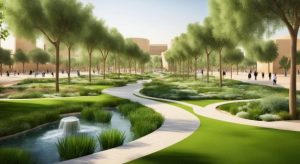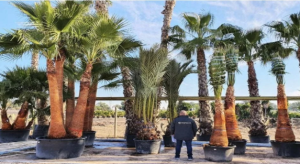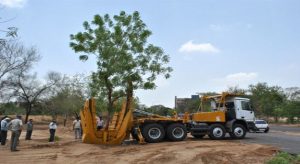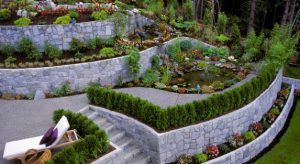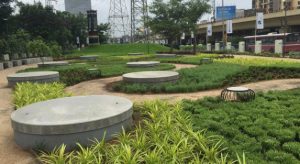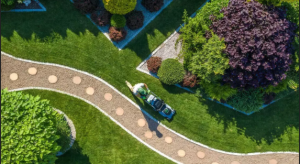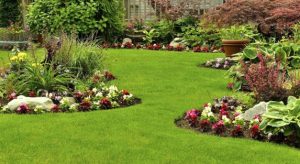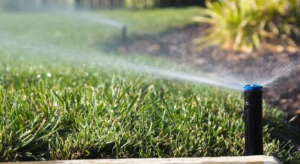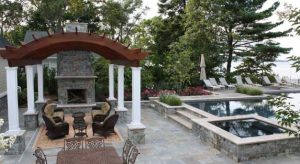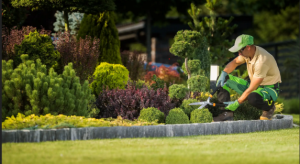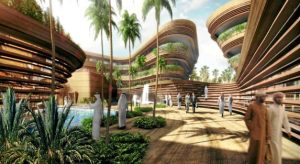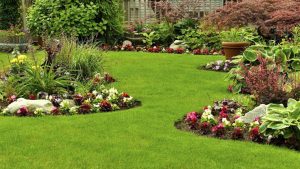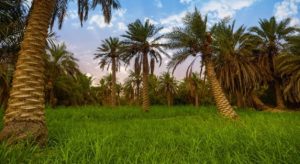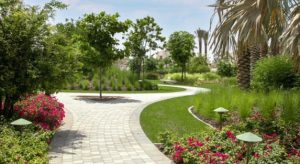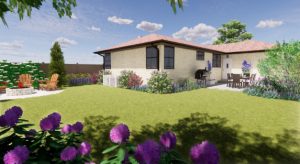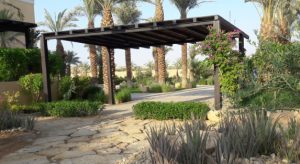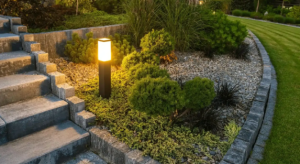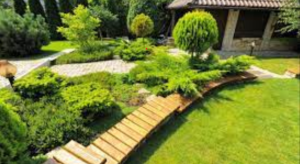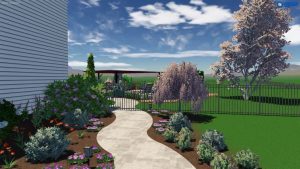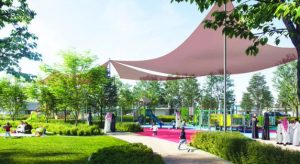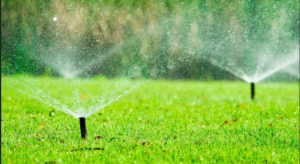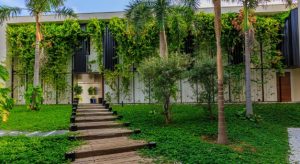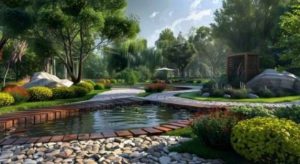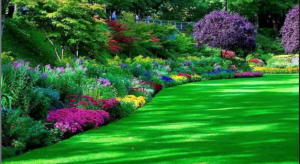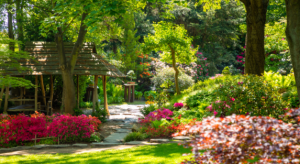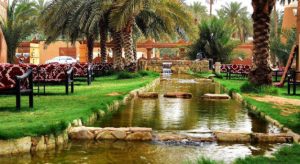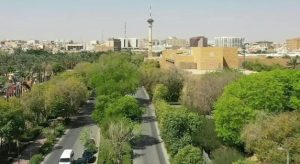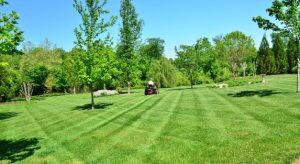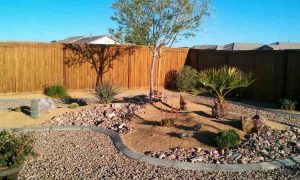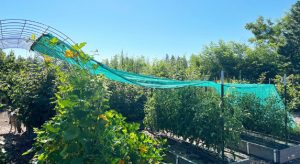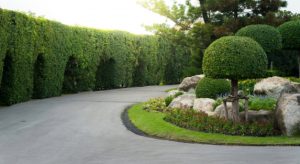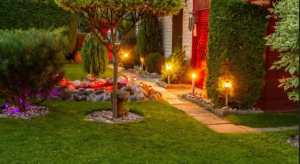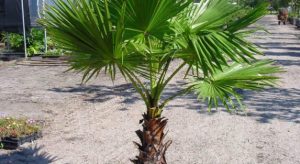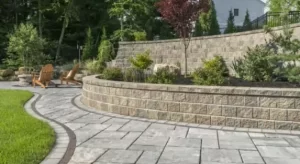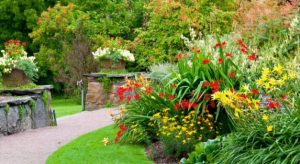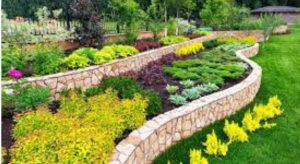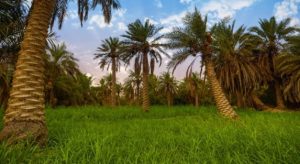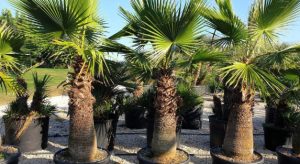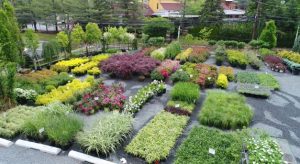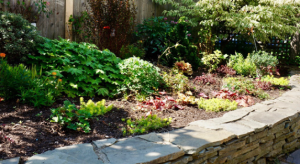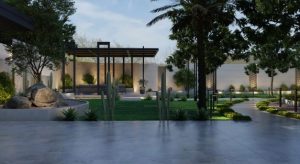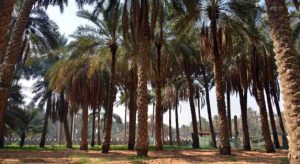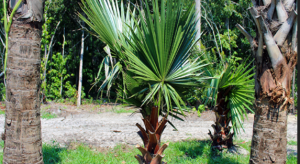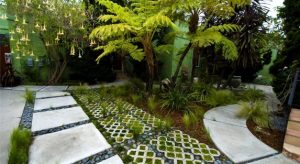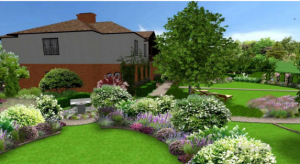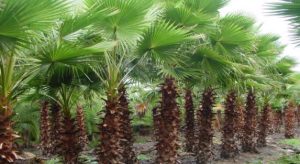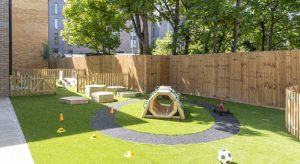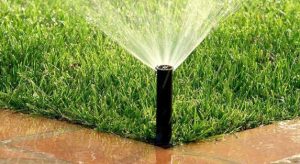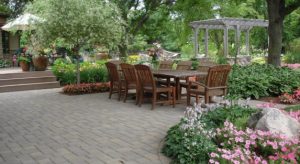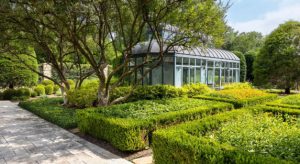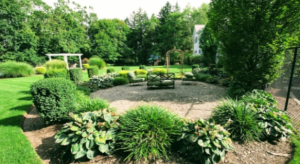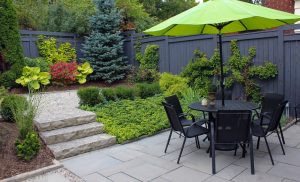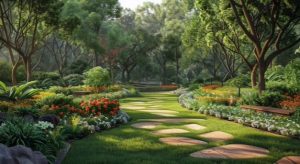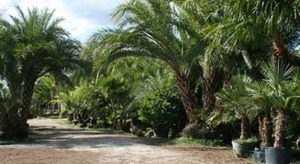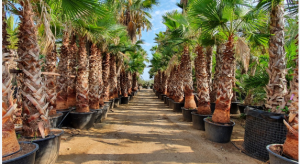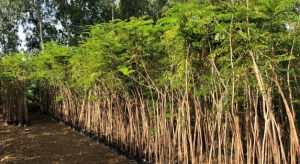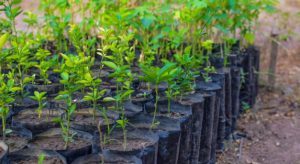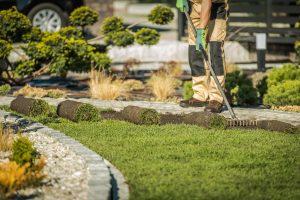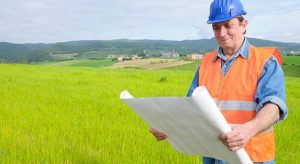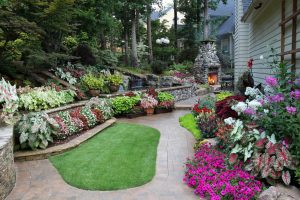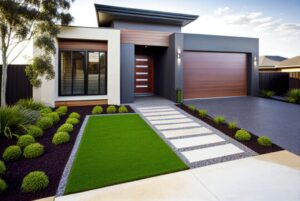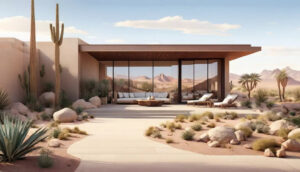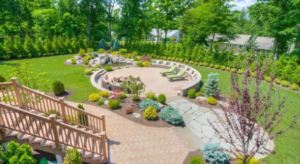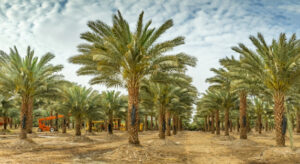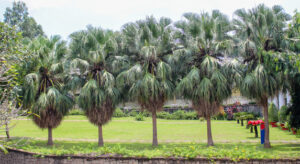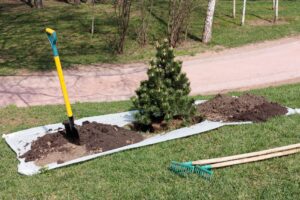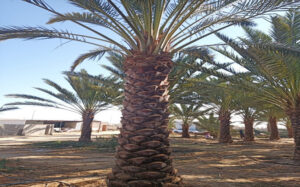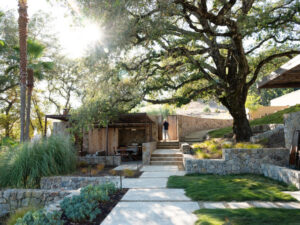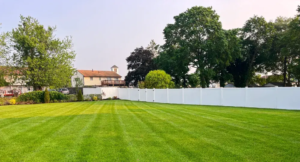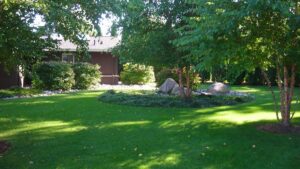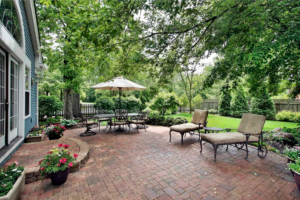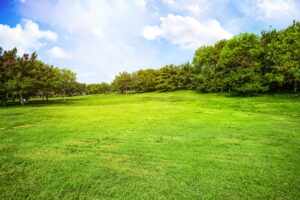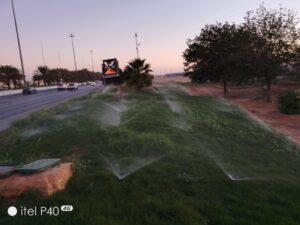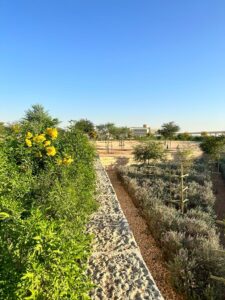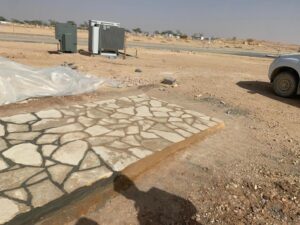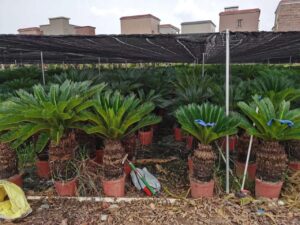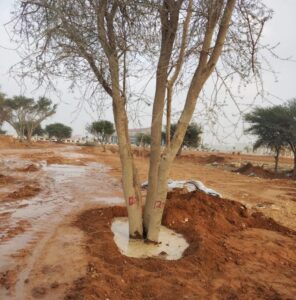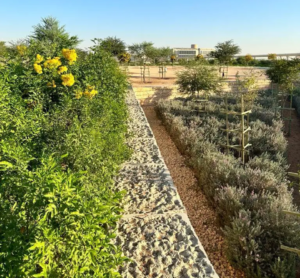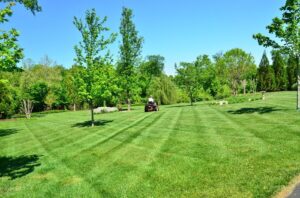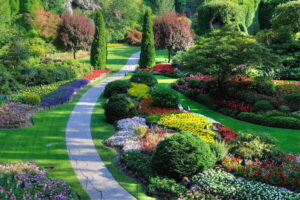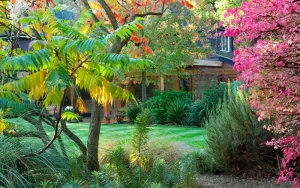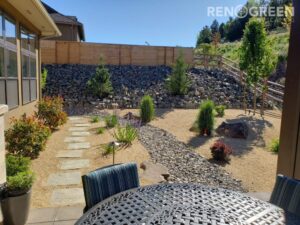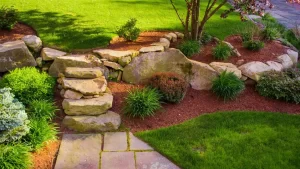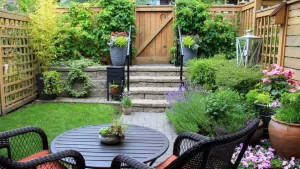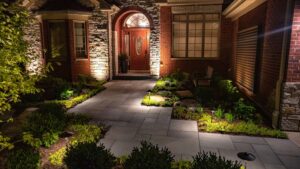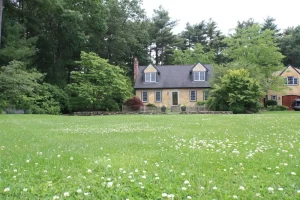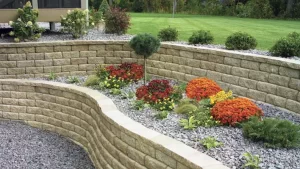How Technology is Changing Landscape Contracting in Saudi Arabia
22 September, 2025
The landscaping sector is evolving rapidly around the globe, and Saudi Arabia is no exception. With ambitious initiatives like Vision 2030 driving large-scale urban development, the demand for innovative and sustainable landscaping solutions is higher than ever. For landscape contractors in Saudi Arabia, technology has become a vital tool to meet the country’s unique environmental challenges while delivering modern, efficient, and visually striking projects. From water-saving irrigation systems to drone mapping, robotics, and smart monitoring, technology is revolutionizing the way contractors plan, design, and maintain green spaces. This article explores five major areas where technological advancements are transforming the landscaping industry in Saudi Arabia.
Smart Irrigation and Water Management
Water scarcity has always been one of the greatest challenges for landscaping in Saudi Arabia. Traditional irrigation methods often waste precious water resources, making them unsuitable for the Kingdom’s arid environment. To address this, landscape contractors in Saudi Arabia are adopting smart irrigation systems that integrate real-time data, soil sensors, and weather forecasting to optimize water usage.
These systems automatically adjust irrigation schedules depending on soil moisture levels, rainfall predictions, and seasonal changes. Instead of applying a one-size-fits-all approach, smart irrigation tailors water distribution to the specific needs of different plant species, ensuring that every drop of water is used effectively. Not only does this improve plant health and landscape aesthetics, but it also reduces utility costs for property owners.
In large-scale developments like parks, resorts, and residential communities, water efficiency is particularly critical. With smart irrigation, contractors are able to maintain lush greenery without depleting valuable natural resources. Furthermore, some systems integrate with smartphone apps, allowing property managers to monitor water consumption remotely and adjust schedules instantly.
This technology has been a game-changer in Saudi Arabia, where balancing beauty with sustainability is essential. By embracing advanced irrigation methods, contractors are proving that it is possible to create thriving, green environments even in one of the world’s most water-stressed regions.
Use of Drones and GIS Mapping
Site surveys have traditionally been one of the most time-consuming and labor-intensive stages of landscaping projects. Contractors relied on manual measurements and fieldwork, which often left room for human error. The introduction of drones and Geographic Information Systems (GIS) has completely changed this process for landscape contractors in Saudi Arabia.
Today, drones equipped with high-resolution cameras can capture aerial imagery, generate 3D terrain models, and provide accurate topographical data within hours. This reduces project delays and enhances precision in design and planning. GIS further complements this process by helping contractors map soil conditions, analyze land gradients, and identify environmental constraints before construction begins.
The combination of drone and GIS technology is especially beneficial for mega projects such as NEOM or the Red Sea Development, where landscapes span thousands of hectares. Contractors can quickly identify potential challenges—such as uneven terrain or areas prone to erosion—and address them early in the planning stage. This proactive approach reduces costly modifications later.
Additionally, drones are used throughout the project lifecycle, from monitoring construction progress to conducting maintenance inspections. For example, contractors can deploy drones to check irrigation coverage, assess vegetation growth, or spot problem areas without sending crews on the ground. This not only saves time but also enhances worker safety in hazardous or hard-to-reach areas.
By incorporating drones and GIS mapping, contractors are not just improving efficiency; they are elevating the quality of their services. Clients benefit from accurate visualizations, while contractors gain a competitive edge in delivering reliable, data-driven landscape solutions.
Automation and Robotics in Landscaping
Another technological advancement reshaping landscaping in Saudi Arabia is the growing use of automation and robotics. Manual labor, while important, is often time-consuming and less precise when handling repetitive tasks such as mowing, planting, or irrigation adjustments. To overcome these challenges, landscape contractors across Saudi Arabia are introducing robotic systems that enhance productivity while ensuring uniform quality.
Robotic lawnmowers, for example, are increasingly being deployed in residential communities, golf courses, and public parks. These machines operate autonomously, cutting grass at consistent heights and reducing the need for constant human supervision. Similarly, robotic planting machines are used to place trees and shrubs with precision, ensuring correct spacing and soil compaction for healthy growth.
Automation is also making its mark in irrigation. Self-regulating sprinkler systems can adjust water pressure and coverage automatically, ensuring optimal use of resources. Meanwhile, autonomous vehicles and drones are being tested for tasks such as fertilization and pest control, further reducing human intervention in repetitive jobs.
For large-scale projects, this level of automation is invaluable. It enables contractors to deliver results more quickly and cost-effectively, particularly in vast urban developments or government-led initiatives that require strict deadlines. At the same time, robotics reduces physical strain on workers, allowing them to focus on specialized tasks like design detailing, plant selection, and client communication.
In essence, automation doesn’t replace the expertise of human landscapers—it enhances it. By delegating routine tasks to machines, contractors can dedicate more energy to creativity, problem-solving, and delivering innovative solutions that align with Saudi Arabia’s vision for sustainable cities.
Sustainable Design Through Software and Modeling
Design is at the heart of every landscaping project, and software tools are transforming how ideas are brought to life. Gone are the days when contractors relied solely on 2D sketches or paper-based blueprints. Today, landscape contractors in Saudi Arabia use advanced software and 3D modeling platforms to visualize projects in incredible detail before implementation even begins.
These digital tools allow contractors to create realistic simulations of landscapes, including plants, lighting, irrigation systems, and even seasonal changes. Clients can virtually “walk through” the proposed design, providing feedback and making changes long before ground is broken. This not only improves collaboration but also reduces costly redesigns during construction.
Building Information Modeling (BIM) is also becoming a powerful resource in landscape contracting. It enables contractors to integrate various design elements into a single model, ensuring compatibility between landscaping features and infrastructure such as drainage, lighting, or pathways. For Saudi Arabia’s large urban projects, this integration is crucial in creating landscapes that are not only visually appealing but also functional and sustainable.
Moreover, these software tools support eco-friendly practices. Contractors can simulate the performance of native plants, assess energy-efficient lighting options, and optimize water usage before implementation. This aligns with Saudi Arabia’s growing emphasis on sustainability and environmental responsibility.
Ultimately, design software enhances creativity while reducing risks. By providing accurate, immersive visualizations, contractors build trust with clients and deliver results that match expectations. In the Kingdom’s fast-developing cities, these digital capabilities set forward-thinking contractors apart from traditional competitors.
IoT and Smart Monitoring Systems
The Internet of Things (IoT) is redefining landscape management in Saudi Arabia. By embedding smart sensors throughout landscapes, contractors can continuously monitor key variables such as soil moisture, temperature, humidity, and plant health. This data-driven approach enables landscape contractors in Saudi Arabia to anticipate problems and carry out proactive maintenance.
For example, sensors can detect areas where plants are under stress and automatically trigger targeted irrigation. They can also alert contractors to potential pest infestations, nutrient deficiencies, or irrigation system malfunctions. By addressing these issues early, contractors prevent costly damage and extend the life of landscapes.
IoT systems are especially valuable for large-scale projects such as city parks, hotels, and commercial complexes, where manual monitoring would be impractical. Property owners benefit from reduced maintenance costs, improved sustainability, and consistently beautiful landscapes.
Additionally, smart monitoring integrates seamlessly with mobile apps and cloud platforms. This means property managers and contractors can access real-time insights from anywhere, adjust maintenance schedules remotely, and track performance metrics over time.
As Saudi Arabia invests in smart city development, IoT-enabled landscaping will play a critical role in creating intelligent urban ecosystems. Contractors adopting these technologies position themselves as leaders in innovation, capable of delivering green spaces that are both functional and future-ready.
Conclusion
The rapid adoption of technology is reshaping the role of landscape contractors in Saudi Arabia. From smart irrigation systems that conserve water to drones, robotics, advanced design software, and IoT sensors, contractors are leveraging innovation to overcome the Kingdom’s environmental challenges while meeting the demands of urban growth.
These technologies are not just about efficiency—they are about sustainability, precision, and creating landscapes that align with Saudi Arabia’s Vision 2030. For property developers, municipalities, and private clients, working with technology-driven contractors ensures that their projects are sustainable, cost-effective, and equipped for the future.
In short, technology is no longer an optional add-on. It is the foundation of modern landscaping in Saudi Arabia, and those contractors who embrace it will lead the industry in years to come.
- Fountain and Waterfalls
- Gardening
- hardscape
- Irrigation system
- Landscape
- Lawn
- Nursery
- Palm Tree
- Plantation and Maintenance
- softscape
- Tree Transplanting
- Washingtonian Tree
Categories
Latest Post
- Fountain and Waterfalls
- Gardening
- hardscape
- Irrigation system
- Landscape
- Lawn
- Nursery
- Palm Tree
- Plantation and Maintenance
- softscape
- Tree Transplanting
- Washingtonian Tree




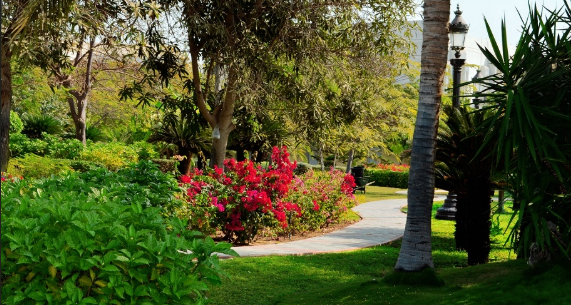

 .
.